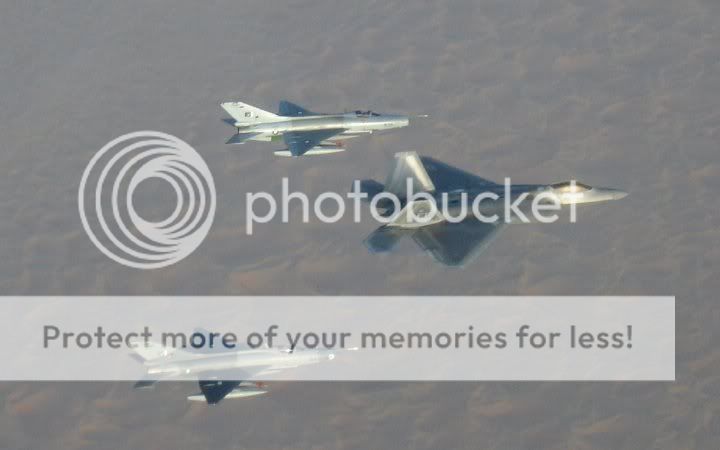The PAF F-7PG were build in the late 90s to early 2000. Their airframe is newer compare to Indian Bison.
Crank delta wing to improve low speed handling, better turn plus improved fuel capacity. Radar modernized. Glass cockpit. More powerful engine with better lifespan They are not the same as those Mig-21 in the 60s and 70s.
Crank delta wing to improve low speed handling, better turn plus improved fuel capacity. Radar modernized. Glass cockpit. More powerful engine with better lifespan They are not the same as those Mig-21 in the 60s and 70s.









